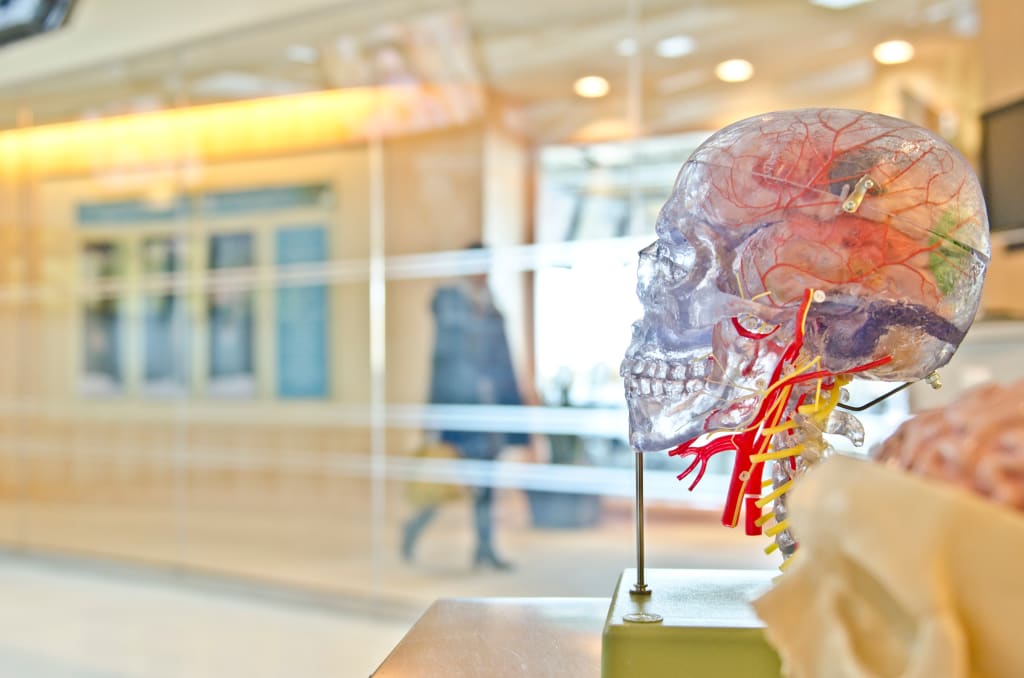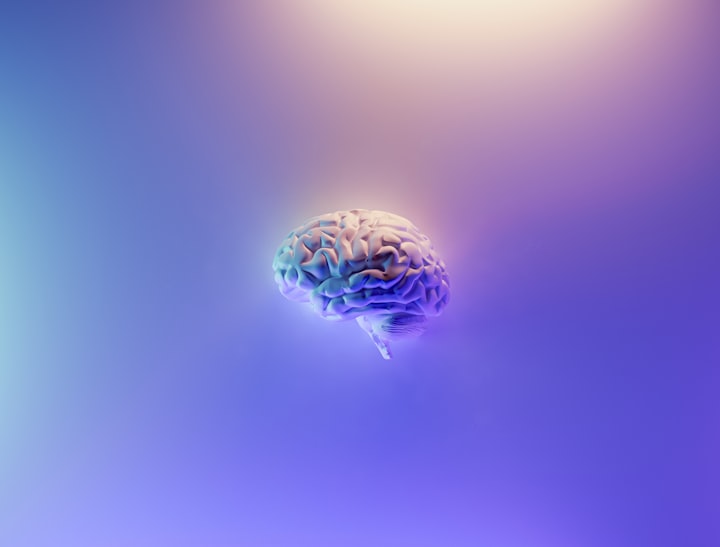The Science of Memory: Exploring How Our Brain Creates and Stores Memories
Science about Memories

In the summer of 1994, a few hours after the news of O.J. Simpson's arrest hit the airwaves, a young woman named Rebecca was sitting in her living room in Los Angeles, flipping through the channels to find more information. Suddenly, she saw a news clip of Simpson's white Bronco barreling down a Los Angeles freeway. She was captivated, and even though she had no personal connection to the case, she watched the news for hours that day and many more in the weeks that followed.
Over time, the events of that summer became etched in her memory: the endless news coverage, the trial, the verdict. More than two decades later, she still remembers every detail vividly.
But why? Why does Rebecca remember the events of the O.J. Simpson trial so clearly, while other events from that same time period have faded from her memory?
The answer lies in the way our brains create and store memories. The process of memory formation has three stages: encoding, consolidation, and retrieval.
Encoding is the process by which we perceive and process information from our environment. For Rebecca, the news of Simpson's arrest and the subsequent events of the trial were encoded in her brain as visual and auditory stimuli.
Consolidation is the process by which these encoded memories are stabilized and strengthened in the brain. This happens during sleep, when the brain replays the events of the day and strengthens the neural connections associated with those memories. In the case of Rebecca's memories of the O.J. Simpson trial, the intense emotions she experienced while watching the news likely contributed to the consolidation of those memories.
Finally, retrieval is the process by which we access and bring back memories into conscious awareness. For Rebecca, the constant news coverage of the trial likely triggered the retrieval of her memories, causing her to remember the events of that summer so vividly.
But not all memories are created equal. Some memories, like Rebecca's memories of the O.J. Simpson trial, are more vivid and long-lasting than others. This is due in part to the role of emotion in memory formation and retention.
Flashbulb memories, like Rebecca's memories of the O.J. Simpson trial, are highly emotional and vivid memories of significant events. These memories are often tied to strong emotions, such as fear, surprise, or joy. The intense emotional arousal associated with these events helps to consolidate and strengthen the neural connections that form those memories, making them more vivid and long-lasting.
However, not all memories are accurate. Memories can be distorted or changed over time, and false memories can even be implanted. This is due to the fact that memory is not like a video recording that can be replayed perfectly. Instead, memory is reconstructive, meaning that we often fill in gaps in our memories with information that we believe to be true, but may not actually be accurate.
As we age, our memory function declines. This can lead to difficulty remembering new information, as well as a decline in our ability to retrieve older memories. However, there are strategies that can help to maintain memory function as we age, such as regular exercise, a healthy diet, and engaging in mentally stimulating activities.
In conclusion, the way our brains create and store memories is a fascinating and complex process. Our memories are shaped by the events we experience, the emotions we feel, and the passage of time. Understanding how memory works can help us to better understand ourselves, and even improve our memory function as we age.
Certainly, let's explore each of the stages of memory formation in more detail, starting with encoding.
Encoding is the process by which we perceive and process information from our environment. Our brains receive information through our senses, such as sight, sound, touch, taste, and smell, and then process that information into a form that can be stored as a memory.
The process of encoding can be influenced by a number of factors. For example, we are more likely to remember information that is relevant to our goals and interests, or information that is surprising or unexpected. We are also more likely to remember information that we have repeated or rehearsed, as repetition helps to consolidate memories.
Once information is encoded, it must be consolidated in order to be stored in long-term memory. Consolidation is the process by which memories are stabilized and strengthened in the brain. This happens during sleep, when the brain replays the events of the day and strengthens the neural connections associated with those memories.
Consolidation is influenced by a number of factors as well. For example, emotional arousal has been shown to enhance memory consolidation, as has the neurotransmitter dopamine. In addition, the process of consolidation can be disrupted by stress or sleep deprivation.
Finally, memories must be retrieved in order to be brought back into conscious awareness. Retrieval is the process by which we access and bring back memories. This process can be influenced by a number of factors as well. For example, memories that are associated with strong emotions are often easier to retrieve than memories that are not emotionally charged.
In addition to these three stages of memory formation, there are also different types of memory, including short-term memory, long-term memory, and working memory. Short-term memory refers to the temporary storage of information in the brain, such as a phone number that we are trying to remember for a short period of time. Long-term memory refers to the storage of information over a longer period of time, from hours to years. Working memory refers to the active processing of information that is necessary for complex tasks, such as problem-solving or decision-making.
Overall, memory is a complex and multifaceted process that is shaped by a variety of factors, including the events we experience, the emotions we feel, and the passage of time. Understanding how memory works can help us to better understand ourselves and improve our memory function.






Comments
There are no comments for this story
Be the first to respond and start the conversation.